“Been there done that” is a transparent way to start this opinion editorial when it comes to state-paid travel within the Alaska State Legislature.
I’ve been a legislative staffer. I worked for several state representatives. I only traveled on the State’s dime once between 1990 and 1996 that I can recall. It was for a National Conference of State Legislatures (NCSL) meeting in Indiana. I remember only one other staffer from Alaska attending with me, but there may have been more.
After law school I was appointed to the Anchorage School Board in August of 2000. I never traveled in that position or capacity.
As a Republican state legislator, serving two terms (2003 – 2007) in the House Majority for an East Anchorage district, I had the opportunity to travel and attend a mix of conferences. Rep. Pete Kott was the Speaker my first term. Kott was diligent in deciding whether or not to authorize travel for the House, requiring a memo with rationale on why to attend, along with a report, agenda and receipts thereafter, should travel be approved. That level of overview definitely curbed my desire to travel often because I feared I couldn’t justify the legislative reason.
I recall attending the National Council of Legislators from Gaming States as the House Labor & Commerce Committee chairman. Gambling and charitable gaming were hot topics and relevant to policy discussions in Alaska. I worked my way up in NCSL leadership to become the national chairman of its Labor & Workforce Development Committee, but that took regular attendance to at least three meetings per year. I attended a few Pacific Northwest Region (PNWR) conferences, an organization within which Alaskan policymakers worked integrally with other state and Canadian officials on Arctic policies and natural resource development issues. I attended several Council of State Governments (CSG) meetings, making what I deemed fruitful networking. I’m not sure that was the case as I look back at the trips.
In retrospect I ask, “Could I have performed as a competent policy maker absent attending any of these meetings?” Absolutely. If the budget and travel policies were more stringent, might I have avoided the travel? Likely. If I had to pay for the trips out of my own pocket, would I have still attended the meetings? Possibly one or two, over my four years, but doubtful many more.
Did I donate or return earned mileage to the Legislature or State coffers, or save and use the earned mileage for future government trips? Nope. I don’t recall any legislator doing this, in fact. Did my staff attend conferences? Rarely. If so, with great scrutiny, my required signature, and that of the Speaker’s.
So, does my experience help with today’s legislative travel mentality? Maybe so, if we can learn from past methods.
In the next election cycle, consider asking your incumbent state representative and senator about their travel at taxpayer expense. Perhaps it will indicate frugality, if travel is minimal. Perhaps it will illustrate an engaged, diplomatic, fact-finding public official, who deems conference attendance as a benefit to Alaska. The devil is in the details.
With the recent Alaska Dispatch News coverage of state legislative travel that revealed 23 legislative aides and 17 representatives attending the NCSL annual summit in Seattle, it is appropriate to reassess legislative (and, for that matter, all state government) conference travel.
Here are 10 recommendations for the Alaska Legislature to overhaul its loose travel culture:
1. Direct all mileage earned by traveling representatives, senators and staffers back into a legislative travel account, so mileage tickets can be issued from the account, reducing the amount of paid tickets. Legislators would no longer be earning personal miles for state-paid travel. Absent personal mileage rewards, legislators may not be so inclined to make the trip to the conference. If Alaska Airlines doesn’t have such a mileage-account plan, craft one for the Legislature and state government.
2. Assign a select amount of legislators to each national conference organization. If a legislator wants to participate in NCSL, they can’t attend CSG unless they pay for airfare and hotel themselves. If a legislator attends an ALEC conference, they can’t attend a PNWR conference at state expense.
3. Consider a travel account that is similar to, or in place of, the current legislative office account. Prohibit cash-outs. Unspent travel and hotel monies should be returned to the legislative general account at a year’s end.
4. As Speaker Kott once envisioned, require a memorandum requesting the travel, delineating how it benefits the policymaker’s constituency or Alaska generally, and upon return require agendas, proof of attending meetings, and all receipts for the file.
5. Research and decide on a select group of hotels through which an agreement on discounts and mileage or hotel credit points is earned. Again, this will accumulate and build in the collective mileage and hotel room accounts that saves on spending and reduces the legislative travel budget. If a legislator wants to upgrade their room or airplane seat, they pay for it themselves.
6. Strictly limit staff travel. Consider staff travel be permitted only if the legislator holds a leadership position in an organization’s conference being attended. Digital, teleconference and online attendance works just as well to share information and research.
7. Increase funding to the Legislative Affairs Agency to help oversee the budgets and travel process. LAA is short-staffed and short-budgeted. With the travel savings, an additional LAA administrative clerk overseeing travel and logistics may reduce legislative office work loads to a degree staffing can be reduced in House and Senate offices. Does a state legislator really need four or five aides?
8. Prohibit special account expenditures. House and Senate Finance, Legislative Budget & Audit, Administrative Regulation Review, and numerous other standing, special, and joint committees have extra accounts that can be used for arbitrary expenditures. Let’s keep this clear and open, so spending isn’t buried in layers of budget increments unnoticed by the public.
9. Compile a full and complete list of legislative travel every year and make it public in a report similar to APOC reports for campaigns and lobbyists.
10. Move the capitol to Mat-Su. (Sorry – had to slip that one in).
I recognize that among the rigors of public service is the need to create connections and positive relations with other state governments in developing policy. Conferences are not all bad or unnecessary.
The question remains: Are trips of this nature beneficial to the public? At what exorbitant expense? The public and ultimately the legislative leadership will decide that. As a $3.7 billion budget deficit looms before us, it’s time to scrutinize not only legislative travel but our state departments and division travel budgets, too.
Tom Anderson






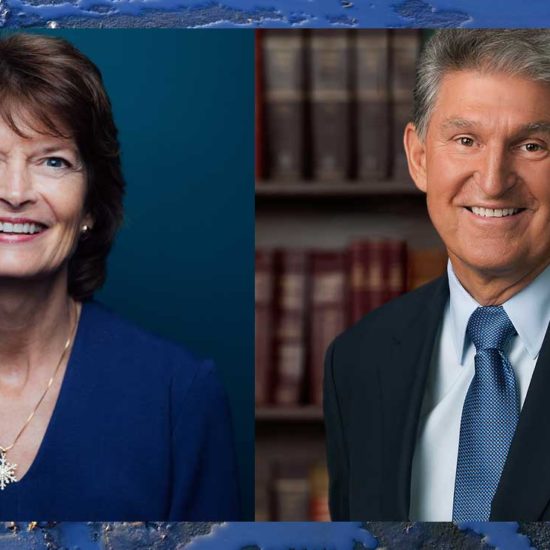
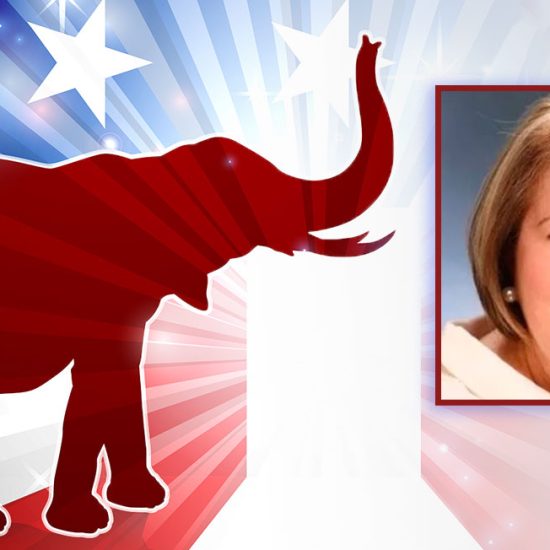
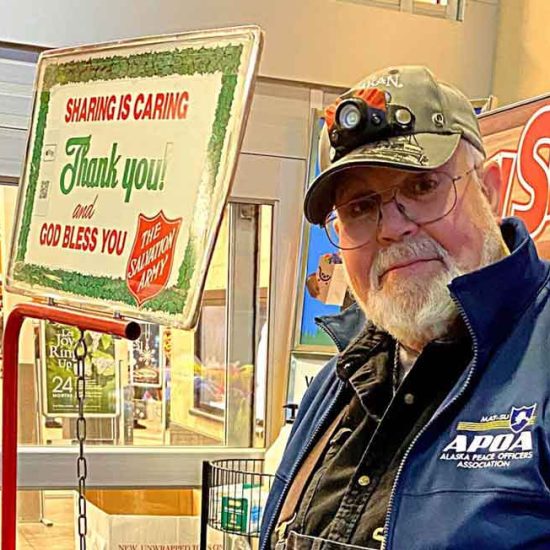
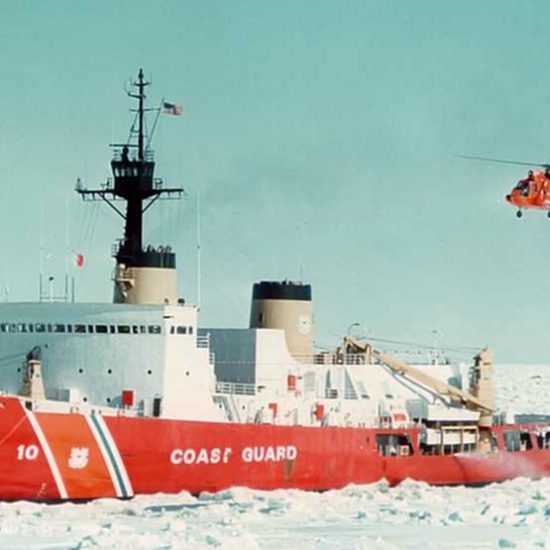
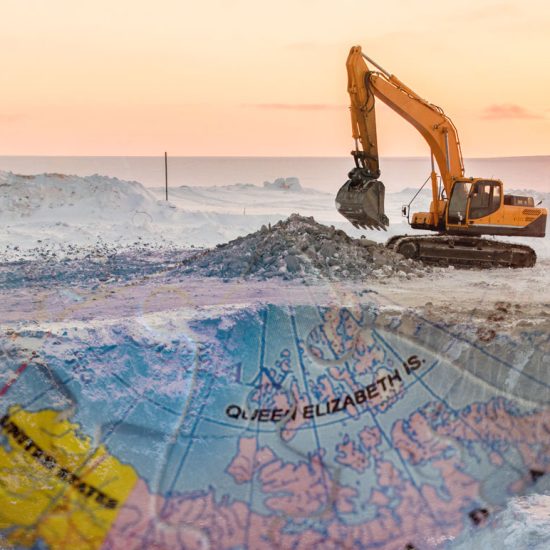
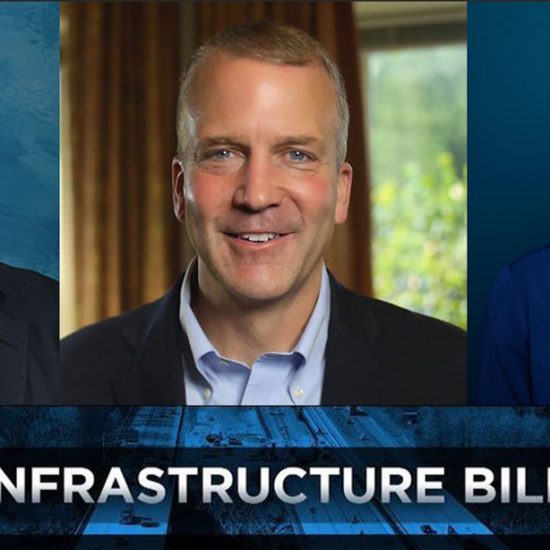
Frank Baxter / October 4, 2015
Couldn’t agree more Rep. Anderson. I particularly like your idea of an annual report and uncovering all those committee “slush funds” that can be used for travel and meals and who knows what else…….. We’re just too tight in revenue and budget to watch and pay for our elected officials burning up money for themselves and staff to travel.
/
Frank Baxter / October 4, 2015
Couldn’t agree more Rep. Anderson. I particularly like your idea of an annual report and uncovering all those committee “slush funds” that can be used for travel and meals and who knows what else…….. We’re just too tight in revenue and budget to watch and pay for our elected officials burning up money for themselves and staff to travel.
/
Linda Crews / October 4, 2015
We need to press the airlines to change their policies too. Alaska Airlines has nearly a monopoly on pricing, especially to Juneau and Southeast. I’m tired of such high travels costs. Alaska Air should set up a government program for this. Good article.
/
Linda Crews / October 4, 2015
We need to press the airlines to change their policies too. Alaska Airlines has nearly a monopoly on pricing, especially to Juneau and Southeast. I’m tired of such high travels costs. Alaska Air should set up a government program for this. Good article.
/
Tom B / October 4, 2015
Tom Anderson knows whereof he speaks. The travel program for state legislators and staffers is valuable as a way to take advantage of the experience of others for Alaska government, but it’s easily abused. With state revenues running lean, now is the time to cut way down on such spending. Let’s take advantage of experience there too.
/
Tom B / October 4, 2015
Tom Anderson knows whereof he speaks. The travel program for state legislators and staffers is valuable as a way to take advantage of the experience of others for Alaska government, but it’s easily abused. With state revenues running lean, now is the time to cut way down on such spending. Let’s take advantage of experience there too.
/